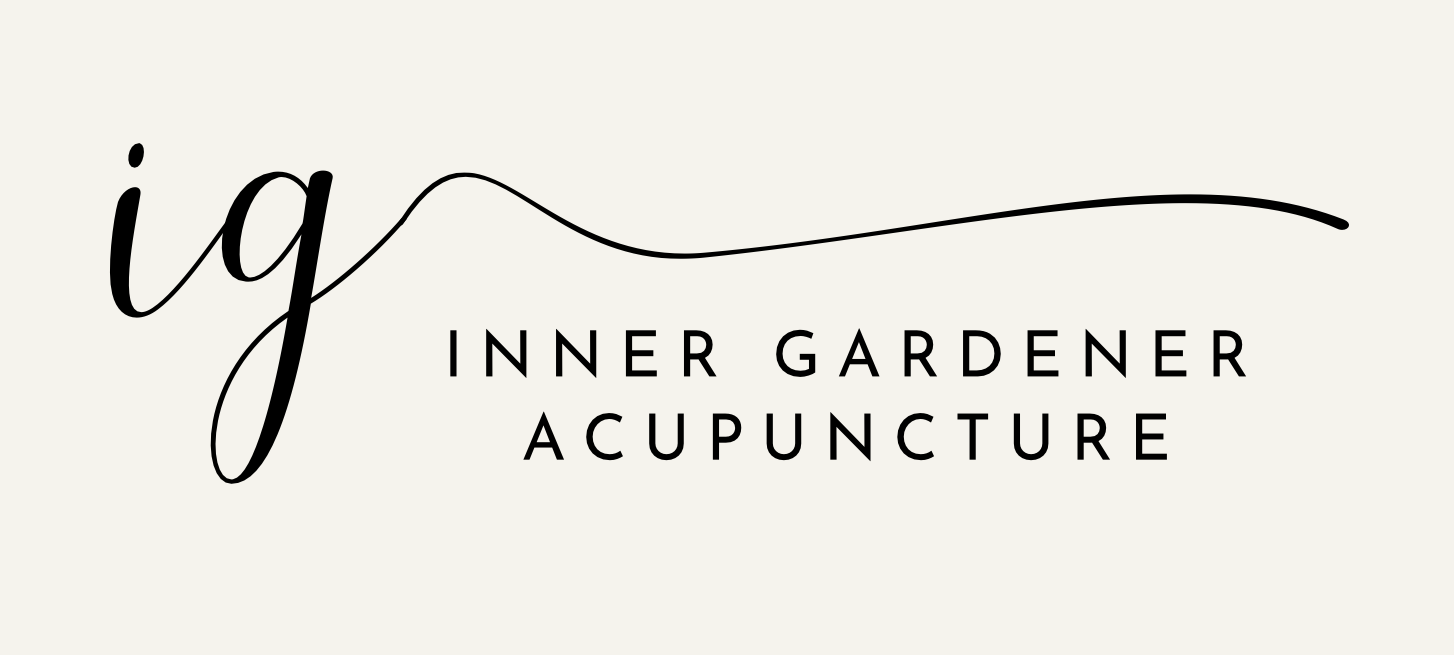Acupuncture & Restless Leg Syndrome
Restless Leg Syndrome (RLS) is a condition characterized by an irresistible urge to move the legs, often accompanied by uncomfortable sensations. While conventional treatments exist, an emerging avenue gaining attention is the use of acupuncture, a traditional practice rooted in Chinese Medicine. In this research-informed blog post, we'll explore the intriguing link between acupuncture, RLS, and the connection with kidneys and abdominal fascia.
Understanding Restless Leg Syndrome:
RLS is a neurological disorder affecting the legs, leading to an overwhelming urge to move them. Individuals with RLS often describe sensations such as tingling, itching, or crawling beneath the skin, especially during periods of inactivity or rest.
The Kidney Connection:
In Traditional Chinese Medicine (TCM), the kidneys play a vital role in maintaining balance within the body's energy systems. The Kidney Meridian, a pathway through which energy (Qi) flows, is connected to the lower extremities. From a TCM perspective, kidney imbalances may contribute to issues such as poor circulation and disruptions in the flow of Qi, potentially manifesting as RLS symptoms.
Acupuncture and Kidney Meridian:
A systematic review published in the "Journal of Alternative and Complementary Medicine" (Lee et al., 2013), suggested that acupuncture may help improve symptoms of RLS by influencing the central nervous system and enhancing overall well-being.
Abdominal Fascia and Peripheral Blood Flow:
Recent research in the field of visceral manipulation has explored the intricate relationship between abdominal fascia and pain syndromes in the extremities. Fascia, a connective tissue network, plays a crucial role in supporting organ structures and influencing blood flow throughout the body.
Studies on Visceral Manipulation and Pain Syndromes:
A study published in the "Journal of Bodywork and Movement Therapies" (Rosenblatt et al., 2017) explored the impact of abdominal fascia manipulation on pain syndromes in the extremities. The study found that addressing abdominal fascial restrictions had a positive effect on reducing pain and improving function in the extremities.
Another study in the "Journal of Bodywork and Movement Therapies" (Bordoni et al., 2016) examined the role of visceral manipulation in improving blood flow. The findings suggested that manipulating visceral structures positively influenced peripheral blood flow, highlighting the interconnectedness of abdominal fascia and circulation to the extremities.
Acupuncture, Abdominal Fascia, and RLS:
Given the studies on visceral manipulation and its impact on peripheral blood flow, combining both acupuncture and visceral manipulation may greatly influence abdominal fascia and alleviate RLS symptoms.
Acupuncture's ability to promote circulation and regulate the flow of Qi may contribute to improvements in both kidney function and abdominal fascia health.
The exploration of acupuncture in the context of RLS reveals a fascinating interplay between ancient healing practices and modern research. The connection between the Kidney Meridian, abdominal fascia, and peripheral blood flow provides a compelling framework for understanding and potentially treating the complexities of Restless Leg Syndrome.
As the field of integrative medicine continues to evolve, acupuncture stands out as a promising avenue for those seeking holistic approaches to address RLS and enhance overall well-being.
